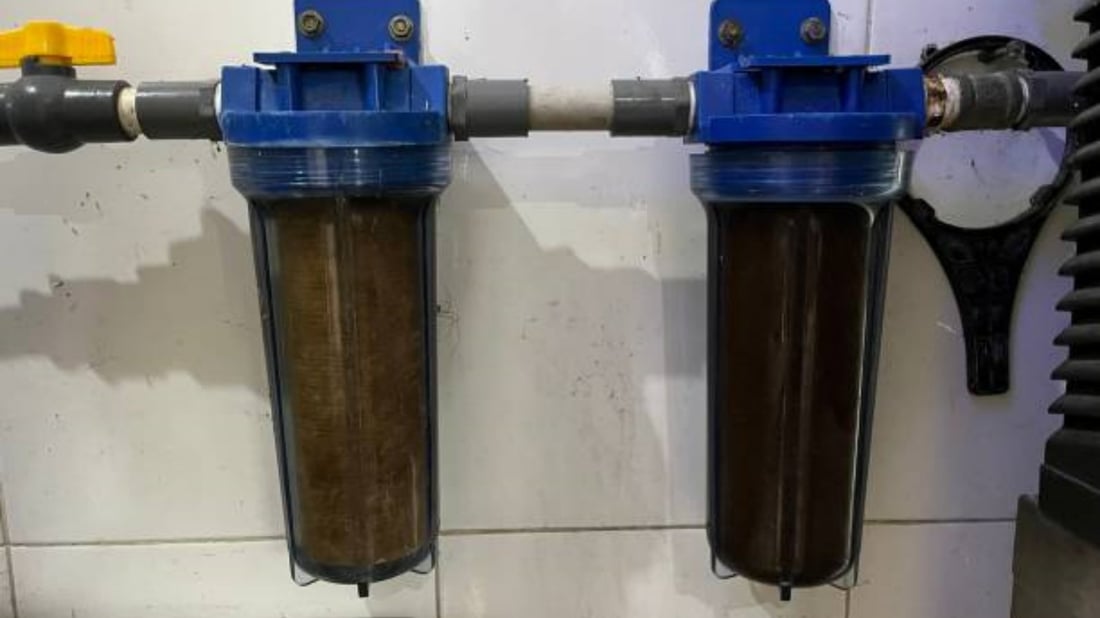Introduction
Medium pressure filters play a crucial role in various industrial applications, ensuring the smooth operation and longevity of equipment and machinery. By effectively removing contaminants from fluids, these filters help maintain optimal performance and prevent damage. In this article, we will explore the importance of medium pressure filters and delve into their various aspects.
What is a Medium Pressure Filter?
A medium pressure filter is a type of filtration system designed to remove impurities, such as particles, debris, and sediments, from fluids within a specific pressure range. These filters are commonly used in hydraulic systems, lubrication systems, and other industrial processes where maintaining fluid cleanliness is essential.
The Function of a Medium Pressure Filter
Medium pressure filters operate on the principle of mechanical filtration. As fluid flows through the filter, contaminants are trapped or captured in the filter media, allowing only clean fluid to pass through. This filtration process prevents particles from circulating within the system, protecting vital components from wear, clogging, and other forms of damage.
Benefits of Medium Pressure Filters
Medium pressure filters offer several benefits that make them indispensable in industrial applications:
- Improved Equipment Performance: By removing contaminants, these filters help optimize equipment performance and efficiency, resulting in smoother operations and reduced downtime.
- Extended Equipment Lifespan: The removal of harmful particles extends the lifespan of equipment and reduces the need for frequent repairs or replacements.
- Enhanced System Reliability: Clean fluids ensure reliable system operation, reducing the risk of equipment failure and associated production losses.
- Cost Savings: By preventing equipment damage and minimizing maintenance requirements, medium pressure filters contribute to significant cost savings in the long run.
Selecting the Right Medium Pressure Filter
Choosing the appropriate medium pressure filter for a specific application is crucial to ensure optimal performance and longevity. Factors to consider include:
- Fluid Type: Different fluids may require specific filter media or materials to effectively remove contaminants.
- Flow Rate: The filter's capacity should match the required flow rate to prevent pressure drops and maintain efficiency.
- Pressure Range: Ensure that the filter is designed to operate within the required pressure range to avoid system damage or failure.
- Contaminant Size: Determine the size of particles or contaminants that need to be filtered out, and select a filter with an appropriate micron rating.
Maintenance and Replacement
Regular maintenance and timely replacement of medium pressure filters are essential to ensure their continued effectiveness. It is recommended to follow the manufacturer's guidelines regarding filter replacement intervals and maintenance procedures. Neglecting proper maintenance can lead to reduced filtration efficiency and compromised system performance.
Common Applications
Medium pressure filters find application in various industries, including:
- Automotive manufacturing
- Chemical processing
- Power generation
- Pulp and paper
- Plastics and rubber
- Food and beverage
- Pharmaceutical
Conclusion
Medium pressure filters are essential components in industrial applications, ensuring the cleanliness of fluids and protecting equipment from damage. By investing in high-quality filters and following proper maintenance practices, businesses can enjoy improved performance, extended equipment lifespan, and significant cost savings. It is crucial to select the right filter, considering factors such as fluid type, flow rate, pressure range, and contaminant size. With the proper use of medium pressure filters, industries can enhance system reliability, reduce downtime, and achieve optimal productivity.

